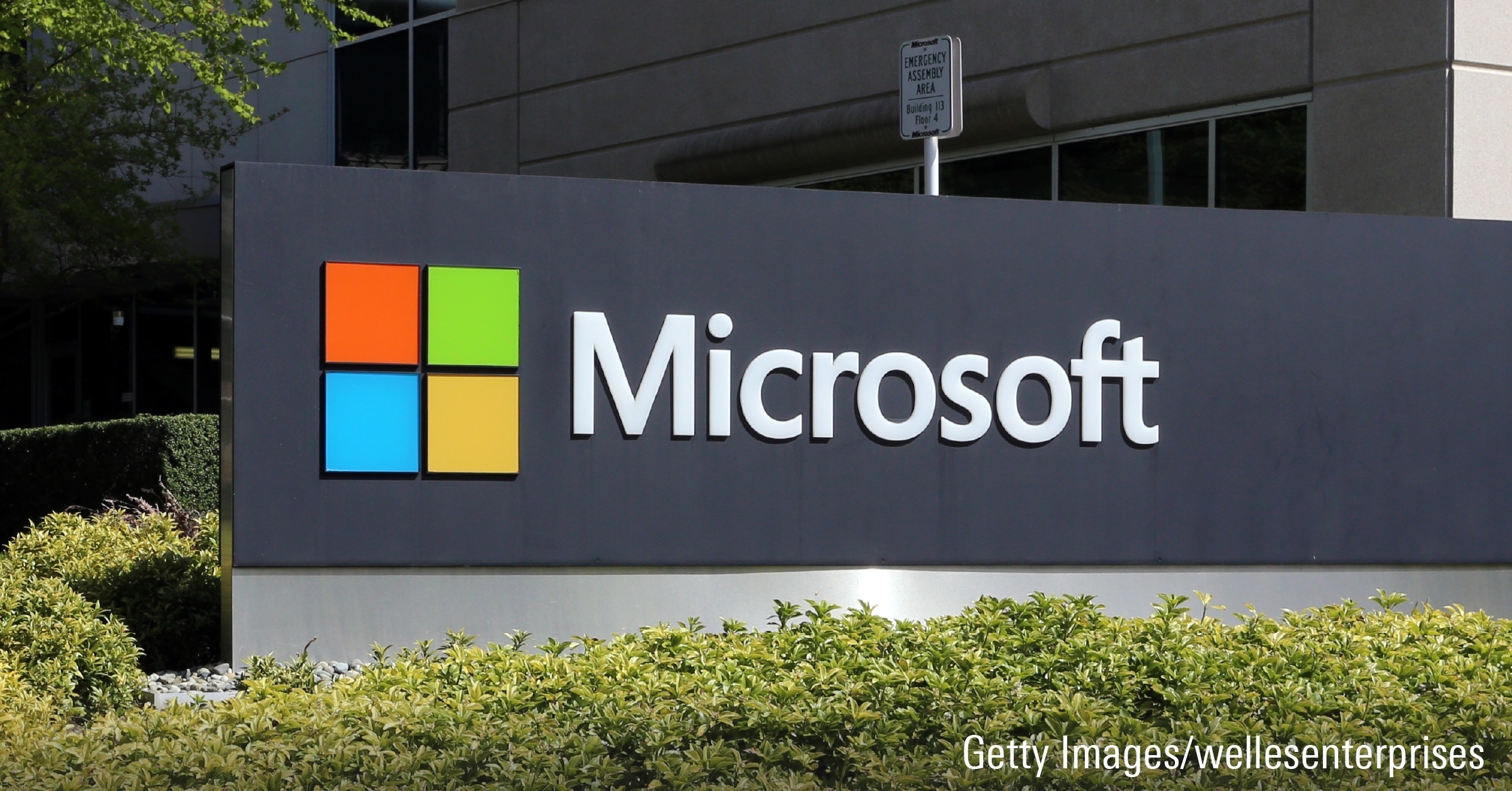
Microsoft MSFT released its fiscal second-quarter earnings report on Jan. 29. Here’s Morningstar’s take on Microsoft’s earnings and stock.
Key Morningstar Metrics for Microsoft
- Fair Value Estimate: $490.00
- Morningstar Rating: ★★★★
- Economic Moat: Wide
- Morningstar Uncertainty Rating: Medium
What We Thought of Microsoft’s Fiscal Q2 Earnings
We are maintaining our fair value estimate for wide-moat Microsoft at $490 per share after the firm reported good results, with guidance between our expectations and slightly light. The outlook generally offsets quarterly performance, which holds our fair value steady. Results look solid across the board, with good artificial intelligence demand and monetization. With shares down after-hours we continue to view the stock as attractive, and we think accelerating Azure revenue in the fourth quarter will help propel it higher over the next year.
We see results reinforcing our long-term thesis, which centers on expanding hybrid cloud environments, the proliferation of artificial intelligence, and Azure. The firm continues to use its on-premises dominance to allow clients to move to the cloud at their own pace. We center our growth assumptions around Azure, Microsoft 365 E5 migration, and traction with the Power Platform for long-term value creation.
For the December quarter, revenue increased 12% year over year to $69.6 billion, compared with the high end of guidance of $69.1 billion. Relative to the year-ago period, productivity and business processes rose 13% in constant currency, intelligent cloud grew 19%, and more personal computing was flat. Compared with guidance, both PBP and MPC came in above the high end, while IC was at the low end, indicating solid performance relative to our model. Good sales execution and sales mix toward software, away from hardware, supported margins.
In our view, near-term demand indicators are positive. Commercial bookings accelerated sharply from 23% year-over-year growth in constant currency last quarter to 75% growth this quarter based on surging Azure commitments from OpenAI and other large deals. Remaining performance obligations increased 36% year over year to $298 billion. Renewals also remain strong, which we think is partly driven by high interest in AI and consistently good execution.
Microsoft Stock Price
Source: Morningstar Direct.
Fair Value Estimate for Microsoft
With its 4-star rating, we believe Microsoft’s stock is undervalued compared with our long-term fair value estimate of $490 per share, which implies a fiscal 2025 enterprise value/sales multiple of 13 times and an adjusted price/earnings multiple of 38 times.
We model a five-year compound annual growth rate for revenue of approximately 13% inclusive of the Activision acquisition. We envision stronger revenue growth ahead, as Microsoft’s prior decade was bogged down by the 2008 downturn, the evaporation of mobile handset revenue from the disposal of the Nokia handset business, and the onset of the model transition to subscriptions (which initially resulted in slower revenue growth). However, we believe macro and currency factors will pressure near-term revenues.
Read more about Microsoft’s fair value estimate.
Microsoft Stock vs. Morningstar Fair Value Estimate
Source: Morningstar Direct.
Economic Moat Rating
We assign Microsoft overall a wide moat primarily due to switching costs, with network effects and cost advantages as secondary sources. We believe Microsoft’s moat will allow the company to earn returns above its cost of capital over the next 20 years.
We believe customers value the firm’s products as stand-alone solutions and its immense breadth of products, and these applications are tightly integrated. In our opinion, the strength of these products is crucial but should not overshadow the importance of all the solutions Microsoft offers under one umbrella, as customers are usually looking to consolidate vendors. As Microsoft offers a wider set of related and compelling solutions, we believe it becomes more entrenched as customers adopt multiple products.
Read more about Microsoft’s economic moat.
Financial Strength
We believe Microsoft enjoys excellent financial strength because of its strong balance sheet, growing revenue, and high and expanding margins. As of June 2024, it had $76 billion in cash and equivalents, offset by $52 billion in debt, resulting in a net cash position of $24 billion. Gross leverage is at 0.5 times fiscal 2024 EBITDA. Our base case assumes healthy revenue growth, driven by Azure public cloud adoption, Office 365 upselling efforts, AI adoption, and broader digital transformation initiatives. We see strong margins improving further over the next several years. The free cash flow margin has averaged 30% over the last three years, which we expect to generally improve.
Read more about Microsoft’s financial strength.
Risk and Uncertainty
We assign Microsoft a Morningstar Rating of Medium. The company’s risks vary among its products and segments. High market share in the client-server architecture over the last 30 years means significant high-margin revenue is at risk, particularly in OS, Office, and Server. Microsoft has thus far been successful in growing revenues in a constantly evolving technology landscape, and it’s enjoying success in both moving existing workloads to the cloud for current customers and attracting new clients directly to Azure. However, it must continue to drive revenue growth of cloud-based products faster than revenue declines in on-premises products.
Microsoft is acquisitive, and while many small acquisitions are completed that fly under the radar, the company has had several high-profile flops, including Nokia and aQuantive. The LinkedIn acquisition was expensive but served a purpose and seems to be working well. It is not clear how much Microsoft bought in the Permira-led Informatica LBO, and it may have been an important strategic investment, but Informatica was certainly not a growth catalyst.
Read more about Microsoft’s risk and uncertainty.
MSFT Bulls Say
- Public cloud is widely considered the future of enterprise computing, and Azure is a leading service that benefits the evolution first to hybrid environments and ultimately to public cloud environments.
- Microsoft 365 continues to benefit from upselling into higher-priced stock-keeping units, which should continue over the next several years.
- Microsoft has monopoly-like positions in areas (OS, Office) that serve as cash cows to help drive Azure growth.
MSFT Bears Say
- Momentum is slowing in the ongoing shift to subscriptions, particularly in Office, which is generally considered a mature product.
- Microsoft lacks a meaningful mobile presence.
- Microsoft is not the top player in its key sources of growth, notably Azure and Dynamics.
This article was compiled by Gautami Thombare.
The author or authors do not own shares in any securities mentioned in this article. Find out about Morningstar's editorial policies.















